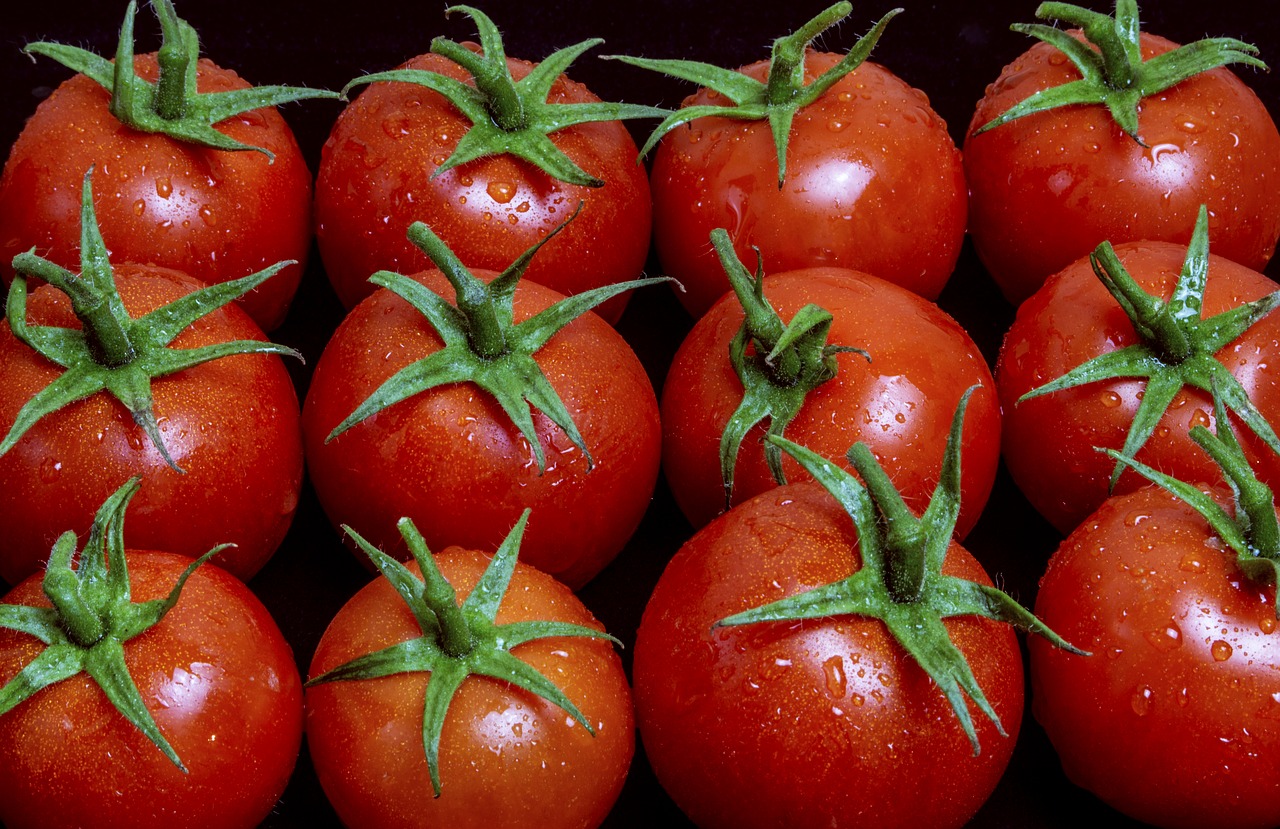It’s time for a new interview series… like NOW. No really, actually it’s called NOW (Newly Omniscient Authors). This blog has been publishing since 2011, and some of the earlier posts feel too hopeful… er, dated. To honor the relaunch of the site, I thought I’d invite some of my past guests to read and ruminate on their answers to questions from oh-so-long-ago to see what’s changed between then and now.
Today’s guest is Ryan Graudin, who debuted in 2013 with All That Glows. She famously did not have a smartphone in 2011 when she got notification that she was going to be a published author… and so had to borrow someone else’s to check her email.
Has how you think (and talk) about writing and publishing changed, further into your career?
Early on, I placed a lot of emotional energy on little things. Marketing swag. Cover changes. A one star Goodreads review. Especially during my debut year, there was this attitude of “make-it-or-break-it” that haunted my brain space. As the years—and the books—have gone by, I’ve realized that even things that feel huge, such as a rejected manuscript or an Amazon snafu on release day, are simply a part of the game. They say if you’re in publishing long enough, everything will happen to you. And for some reason, 8 years feels oh-so-long in this industry! The highs are high and the lows are low and it all evens out in the end. I hope to keep writing and publishing, so for my own sanity, I try to keep this perspective.
Let’s about the balance between the creative versus the business side of the industry. Do you think of yourself as an artiste or are you analyzing every aspect of your story for marketability? Has that changed from your early perspective?
Both? I’m certainly aware of what readers seem to gravitate toward in my catalogue, and it’s a good thing to keep in mind going forward. I recently had 200+ pages of a fantasy novel that I was working on, and when I went back and read it, it was good, but I knew it wasn’t the kind of story that readers would obsess over, so I decided to strip it back down to the roots and rework it. I’m still reworking, and let me tell you—I LOVE IT. It’s still art, but I think it’s super marketable art, which is the best kind.
The bloom is off the rose… what’s faded for you, this far out from debut?
The joy of that very first acquisition is something that’s so hard to recapture. Now, new contracts feel more like relief (I get to keep my job, hooray!) instead of the giddy high that comes with first finding out you’ll be published.
Likewise, is there anything you’ve grown to love (or at least accept) that you never thought you would?
I’m less impacted by negative reviews. Notice I didn’t say NOT, but my skin has definitely gotten thicker with each book. Back when I was first starting out, certain one stars would make me physically ill. I’m better about protecting my mental space and understanding that no one book is universally loved.
I’ve also found that I’m pretty good at public speaking, which I hadn’t had too much of an opportunity to implement before going on tour and doing school visits!
And lastly, what did getting published mean for you and how was it changed (or not changed!) your life?
Getting published was a dream come true, and whenever I find myself frustrated with set backs or industry quirks, I remind myself that this is still the dream and my stories are important. Meeting readers, visiting schools, talking to producers, doing book events in different countries… There are so many doors publishing has opened for me, and I hope to keep going through new ones in the years to come.
(Also, I have a smartphone now. I don’t have to use my friend’s to check emails like I did eight years ago! Lol.)





